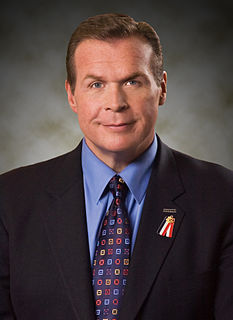A Quote by Nicholas D. Kristof
Solar power is one of the most hopeful technologies but still produces about 0.01 percent of U.S. electricity. The U.S. allocates just $159 million for solar research per year - about what we spend in Iraq every nine hours.
Related Quotes
Germany has a lot of solar power. In fact, in 2005, some 55 or 57 percent of worldwide installations were photovoltaics in Germany. That's 57 percent of all worldwide solar photovoltaics. Because of the high feed-in tariff, they have a way of allowing you to produce electricity and ship it into the grid at very high prices.
Our customer base isn't just people saying, 'I'm an environmentalist, I'm in my Birkenstocks, I went to Woodstock.' Solar is a bipartisan technology. Republicans like solar; conservatives like solar. Over 30% of our customers are veterans. There's something very American about being able to produce power on your own rooftop.
Yes, sunny Nevada is an ideal state for solar power. As it gets cheaper, the state should use solar whenever it makes financial sense. But politicians shouldn't force you to buy it regardless of cost. It doesn't make sense to insert into the state constitution a requirement on energy use that locks Nevada into 50 percent wind and solar.
In the year 2000, the solar water heater behind me, which is being dedicated today, will still be here supplying cheap, efficient energy. A generation from now, this solar heater can either be a curiosity, a museum piece, an example of a road not taken, or it can be just a small part of one of the greatest and most exciting adventures ever undertaken by the American people: harnessing the power of the Sun to enrich our lives as we move away from our crippling dependence on foreign oil.





























